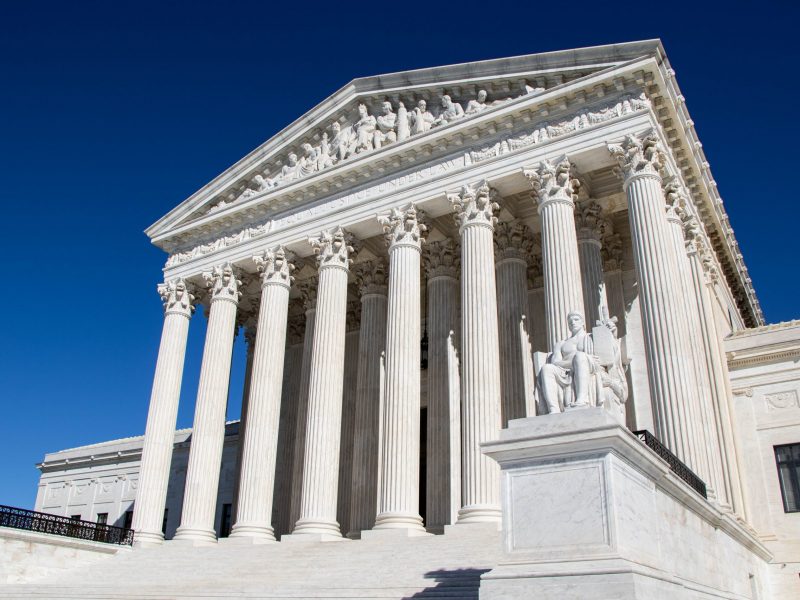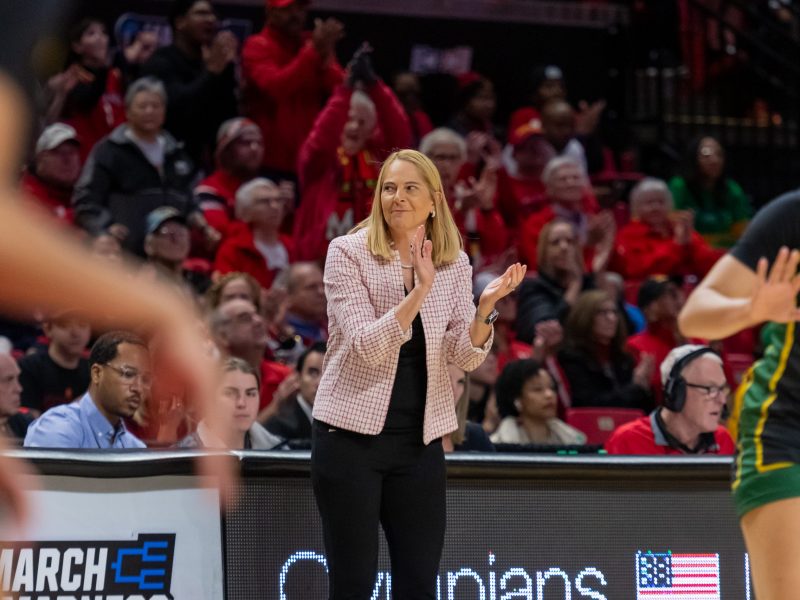When Omar Barghouti co-founded the global Boycott, Divestment and Sanctions against Israel movement nearly seven years ago, he wasn’t looking to propagate hatred toward Israel — he wanted to launch a nonviolent movement that would help restore peace in the Middle East.
Unlike many organizations involved in the ongoing Israeli and Palestinian conflict, Barghouti’s movement does not take a political stance on particular parts of the Middle East conflict, such as whether to implement a one- or two-state solution.
Instead, Barghouti said he carries the words of Martin Luther King Jr. with him through his peaceful protests, and welcomes both Palestinians and Israelis to join the movement. And when he spoke in front of about 40 students, staff and faculty on Friday, Barghouti said he wasn’t trying to promote a political agenda; he wanted to rally people to end the occupation in the West Bank and let Palestinian refugees return home.
“BDS is not a central command, it’s not a political party — it’s a global rights movement,” Barghouti said. “At the core of this is our deep belief that moral right can and should prevail over military might.”
Barghouti spoke about the quest for Palestinian rights, non-violent protest and how BDS has spearheaded campaigns against products and companies that support Israeli academic and cultural institutions. He also spoke of Nelson Mandela’s and Martin Luther King Jr.’s peaceful approaches to protest, and related the Palestinian cause to the “99 percent” of the Occupy movement.
In hopes of pressuring the Israeli government to end the occupation, Barghouti and participants in BDS partake in an academic, consumer and cultural boycott of Israel. Barghouti told Friday’s audience about the history of peaceful Palestinian protest and explained that the movement aims to restore humanitarian rights for three Palestinian groups: Refugees, those under military occupation in the West Bank and Gaza Strip, and Palestinians in Israel.
Barghouti also spoke of the growing Jewish support for Palestine and said young Jews are increasingly favoring Palestinian freedom over Zionism.
“We are very proud of Jewish support of BDS,” he said. “Israel cannot commit its crimes against Palestinian people in the name of Jewish communities.”
Even though senior civil and environmental engineering major Jonathan Cohen went to Jewish school for nine years, he said he had to “unlearn” the Zionist teachings he grew up with. He now serves as a board member of Students for Justice in Palestine, which sponsored the event.
“I don’t want my people, my family, my heritage to be responsible and be associated with these atrocities, and I take that very seriously,” Cohen said. “Israel isn’t this innocent thing and we shouldn’t be so gung-ho in support of everything it does.”
Although Ira Rickman, Terrapin Students for Israel treasurer, said he welcomed any discourse brought on by bringing Barghouti to the campus, he thinks it’s hypocritical that Barghouti is pursuing his master’s degree at Tel Aviv University in Israel.
“I respect the rights and opinions of SJP and their ability to put on an event like this and bring in a speaker like this. It’s nice to have a little political conversation on campus,” Rickman said. “I think it says something about the speaker when he’s practicing something he’s preaching against.”
Since BDS is comprised of both Jews and Arabs, SJP Treasurer Farooq Burney said it helps disprove the notion that the two ethnic groups are always pitted against each other.
“When you say Arab versus Jew, that really stereotypes both groups,” he said. “There’s a lot of Jews working day and night for Palestinian equality.”
SJP brought Barghouti to the campus to motivate students to learn about and get involved with the movement to end the occupation of Palestine, Burney said.
“We wanted him here mostly to inspire people and to kind of shed light on what the BDS movement is and why it’s effective,” Burney said. “The best way to start is to learn more about the issue, because then that way you understand what’s right and what’s wrong.”
But some students said they didn’t agree with BDS’s methods.
“I think academic boycotts are unconstructive. If you really want to understand another person’s culture, which is absolutely essential to creating peace, you have to cooperate with the intellectuals of that society,” said freshman government and politics major Benjy Cannon, who is on the board of J Street U. “I think to say it’s a peace-oriented movement would be a mischaracterization.”
Senior criminology major and SJP board member Farah Kahn said she hopes the lecture inspires students to participate in the Palestinian cause on the campus.
“I would just hope that they really want to get more involved and help support our cause, our movement,” Kahn said. “We’re spearheading the BDS campaign on campus, and we thought this would be a great way to introduce it to our campus.”
Senior history major David Trent said Barghouti inspired him to get more involved with the movement.
“Usually people say you can’t do anything, they try to disempower you, but this feels empowering,” Trent said.
kelley@umdbk.com


